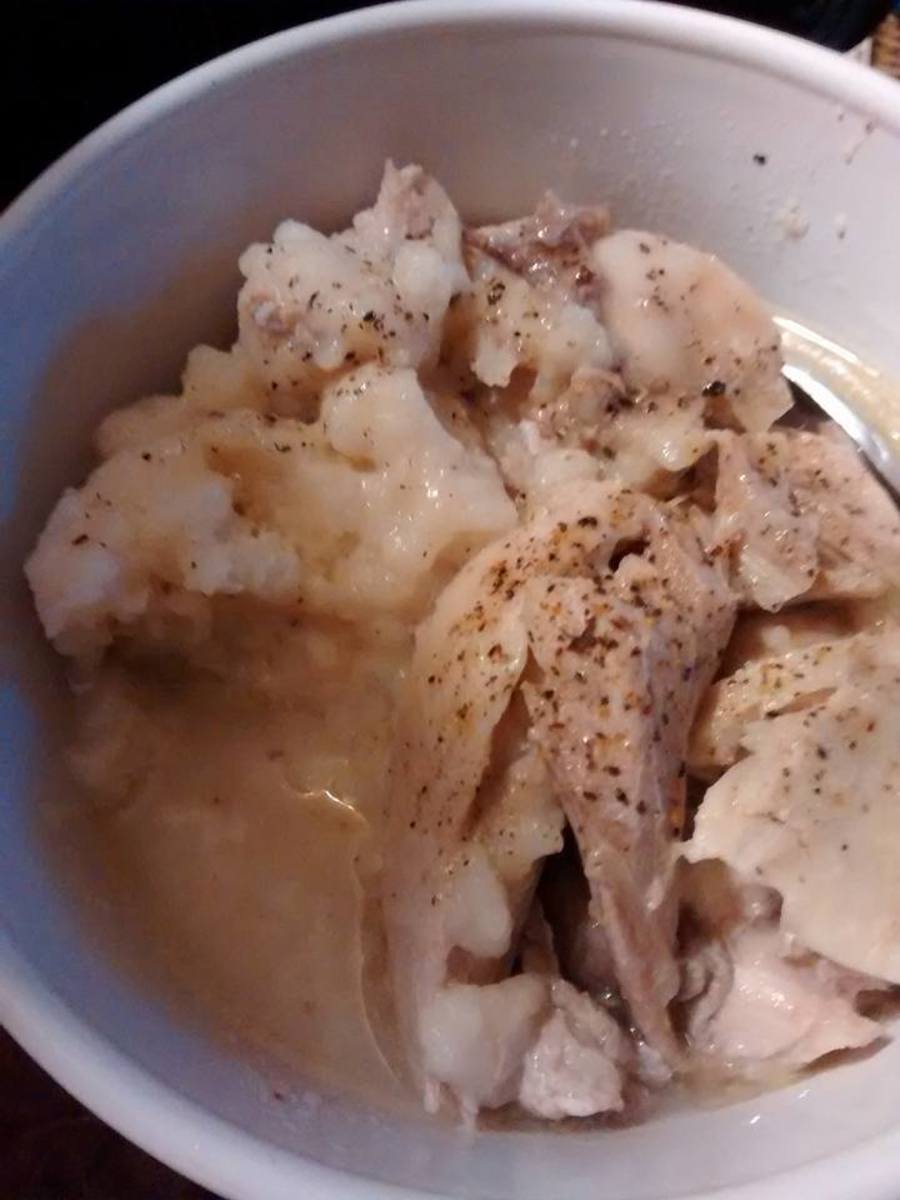See definition of fluffy chicken on Dictionary. 2013 by the Philip Lief Group. See how your sentence looks with different synonyms.
This Quiz Will Enkindle Your Word Curiosity! This might put you at ease, but the truth is that speaking to a group of people, even from the comfort of your home and in your fluffiest slippers, has its own set of challenges. This shows grade level based on the word’s complexity. ARE YOU A TRUE BLUE CHAMPION OF THESE “BLUE” SYNONYMS? We could talk until we’re blue in the face about this quiz on words for the color “blue,” but we think you should take the quiz and find out if you’re a whiz at these colorful terms. Is Columbia Failing Campus Rape Victims?
A friend shared this fluffy waffle recipe with me a few years ago. The cinnamon cream syrup is a nice change from maple syrup, and it keeps quite well in the fridge. Our two children also like it on toast. Bake in a preheated waffle iron according to manufacturer’s directions. Meanwhile, for syrup, combine sugar, corn syrup and water in a saucepan. If desired, serve with fresh berries. Freeze between layers of waxed paper in a resealable plastic freezer bag.

Reheat waffles in a toaster on medium setting. Or, microwave each waffle on high for 30-60 seconds or until heated through. Waffle batter should be thick enough to pour out gently and with control from a ladle or measuring cup. It might be so thick you have to gently smooth the batter out and help it along with the back of the ladle. You’ll know your batter is too thick if you have trouble getting it into the corners and your waffles aren’t perfectly shaped. For other darkmeat chickens, see Black chicken. This article is about a variety of a chicken.
A black Silkie hen and a non-Silkie chick. The breed is renowned for its broodiness and mothering abilities. It is unknown exactly where or when these fowl with their singular combination of attributes first appeared, but the most well documented point of origin is ancient China. Other places in Southeast Asia have been named as possibilities, such as India and Java.
Silkies most likely made their way to the West via the Silk Route and maritime trade. The breed was recognized officially in North America with acceptance into the Standard of Perfection in 1874. In the 21st century, Silkies are one of the most popular and ubiquitous ornamental breeds of chicken. Silkie is actually a separate variety most of the time. Almost all North American strains of the breed are bantam-sized, but in Europe the standard-sized is the original version.
Silkie plumage was once unique among chicken breeds, however in recent years silkie feathering has been developed in several breeds, mostly notably the Chabo, where it is now standardised in Britain and the Netherlands. Silkies appear in two distinct varieties: bearded and non-bearded. Bearded Silkies have an extra muff of feathers under the beak area that covers the earlobes. They also are separated according to color. Colors of Silkie recognized for competitive showing include black, blue, buff, grey, partridge, and white.
